 | Professor Ingrid Winship AO, The Royal Melbourne Hospital
Professor Winship is a clinician-scientist in clinical genetics, cancer genetics and genodermatology, and is a leader in genetics research and health services. She is Chair of the Australian Health Ethics Committee and a member of the NHMRC Council. |
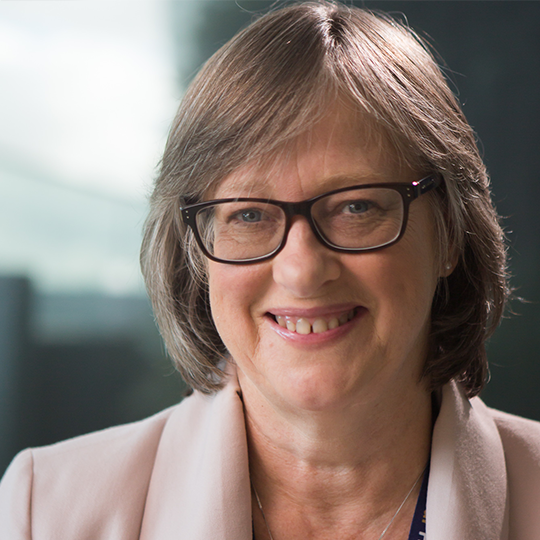 | Professor Julie Bines, Murdoch Children’s Research Institute
Professor Bines is Professor of Paediatrics at the University of Melbourne and a Paediatric Gastroenterologist and Head of Clinical Nutrition at the Royal Children’s Hospital. She leads the Enteric Disease Group at Murdoch Children’s Research Institute, working to develop an affordable novel rotavirus vaccine, RV3-BB vaccine, aimed at preventing rotavirus disease from birth in infants worldwide. She has served as an expert consultant for the World Health Organisation (WHO) and is Director of the WHO Collaborative Centre for Child Health. |
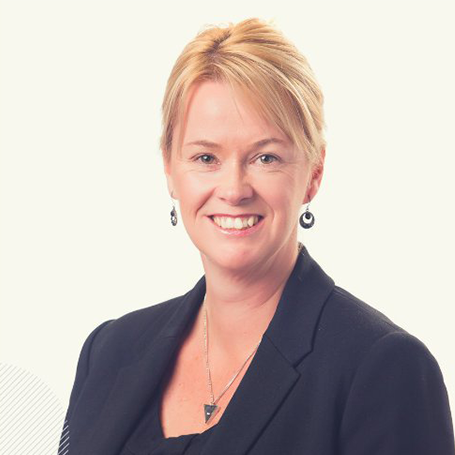 | Professor Rana Hinman, The University of Melbourne
Professor Hinman is a physiotherapist who leads research focused on improving the health of people living with osteoarthritis. Her multi‐disciplinary research produces and translates innovative, robust and pragmatic evidence about non‐drug, non‐surgical approaches to managing osteoarthritis symptoms, including novel methods of service delivery. |
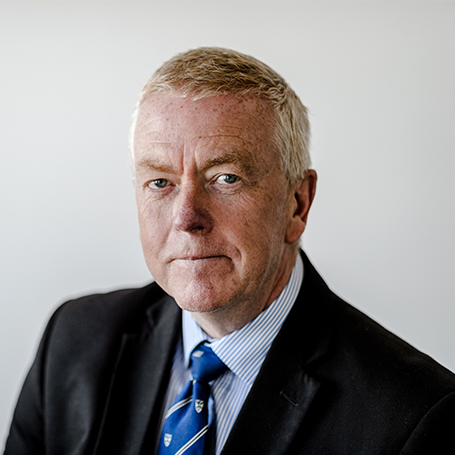 | Professor Sir John Savill, Melbourne Academic Centre for Health
Professor Savill has combined clinical practice in nephrology and acute medicine with research into cell clearance by apoptosis in resolution of inflammation, leading the establishment of the MRC Centre for Inflammation Research and the College of Medicine and Veterinary Medicine at the University of Edinburgh. Sir John now leads the Melbourne Academic Centre for Health (MACH). |
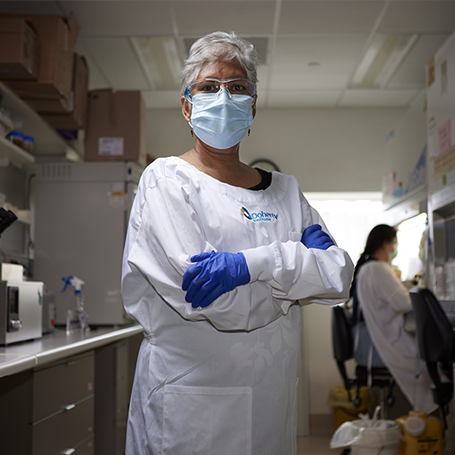 | Professor Kanta Subbarao, The Doherty Institute
Professor Subbarao is a virologist and paediatric infectious diseases specialist. She is an expert on the biology, pathogenesis and vaccines for emerging viral diseases of global importance: influenza, SARS, MERS and COVID-19, with 200 peer-reviewed papers and 72 reviews/chapters. She is a member of WHO advisory panels on seasonal and pandemic influenza and COVID-19 vaccines, the Australian National Influenza Surveillance Committee and several Scientific Advisory Boards. |
 | Professor Jodie McVernon, The Doherty Institute
Professor McVernon has contributed to Australians’ health, informing national policy on influenza pandemic preparedness and response, and immunisation. In 2020, she was an invited expert member of the Australian Health Protection Principal Committee, which advised the National Cabinet throughout the COVID-19 response. She was a member of the Australian Technical Advisory Group on Immunisation for eight years, including contributions to H1N1 and COVID-19 vaccine strategies. |
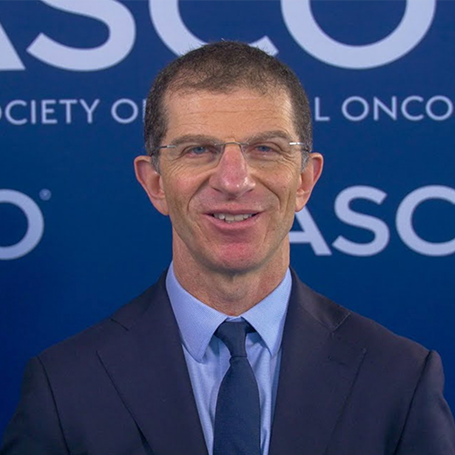 | Professor Danny Rischin, Peter MacCallum Cancer Centre
Professor Danny Rischin is the Director of Medical Oncology at the Peter MacCallum Cancer Centre. A highly productive clinician‐researcher, he has made significant and sustained contributions to advancing knowledge and in developing new therapies for head and neck cancer and cutaneous squamous cell carcinoma. Professor Rischin is an international leader in head and neck cancer, with his work having had a significant impact on clinical practice. In his leadership roles in co-operative clinical trials groups and as the director of a pre-eminent medical oncology department he has mentored and supervised many successful clinician-researchers. |
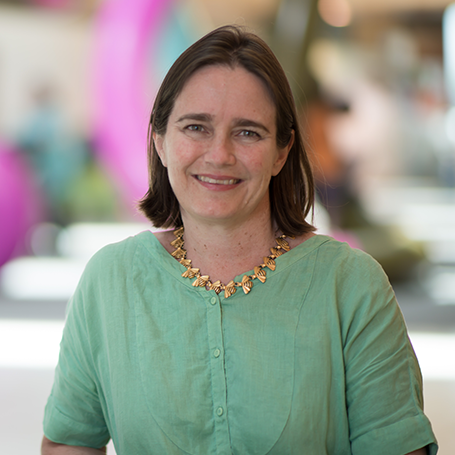 | Professor Harriet Hiscock, Murdoch Children’s Research Institute
Professor Harriet Hiscock is internationally renowned for her expertise and leadership in sleep and mental health research. She leads world class health services research to develop, test and implement evidence-based interventions to improve the quality, accessibility, and value of healthcare for paediatric common, high burden conditions. As a clinician-researcher, she has published more than 180 peer reviewed papers. Her sleep interventions have been implemented in the UK, Netherlands, USA, and New Zealand. Professor Hiscock holds a NHMRC Practitioner Fellowship, leads the NHMRC Centre of Research Excellence in Childhood Adversity, and is the inaugural director of Australia’s only paediatric health services research unit. |
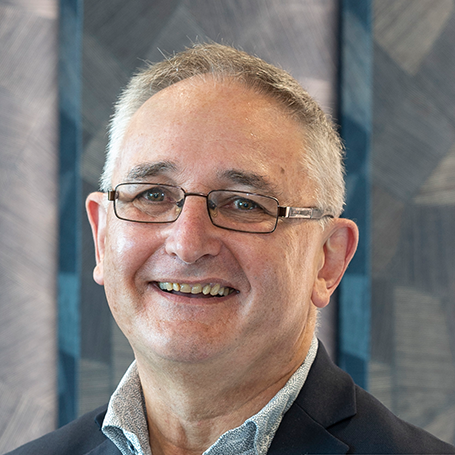 | Professor George Patton, Murdoch Children’s Research Institute
Professor George Patton is an adolescent psychiatrist and epidemiologist. He has revolutionised our understanding of the place of adolescence in health, growth and development across the life-course, and into the next generation. As Professorial Fellow in Adolescent Health Research at MCRI and NHMRC Senior Principal Research Fellow, his research group has become the world’s most influential in shaping global adolescent health policies. Professor Patton’s expertise and leadership are recognised globally, serving as consultant and adviser to many departments within WHO, the UN Department of Economic and Social Affairs, UNICEF, UNFPA and the World Bank, including advising WHO’s Director General on adolescent health. |
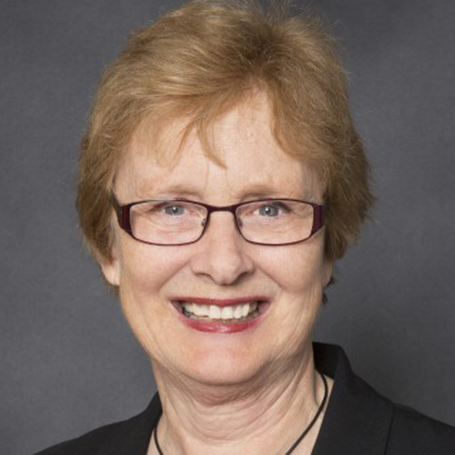 | Professor Suzanne Cory, The Walter and Eliza Hall Institute of
Medical Research
Molecular biologist Professor Suzanne Cory has made signal contributions to cancer genetics. With Jerry Adams, she discovered that chromosome translocations associated with human Burkitt’s lymphomas activate the oncogene MYC, which promotes cell proliferation. By modelling this translocation in transgenic mice, they proved it to be causative. With David Vaux and Andreas Strasser, Cory and Adams later discovered that BCL-2, translocated in follicular lymphoma, promotes cancer by impairing apoptosis. Detailed analysis of mechanism with their colleagues culminated in the anti-BCL-2 drug venetoclax, which is revolutionising cancer treatment. Professor Cory was Director of WEHI (1996-2009) and President of the Australian Academy of Science (2010-2014). |
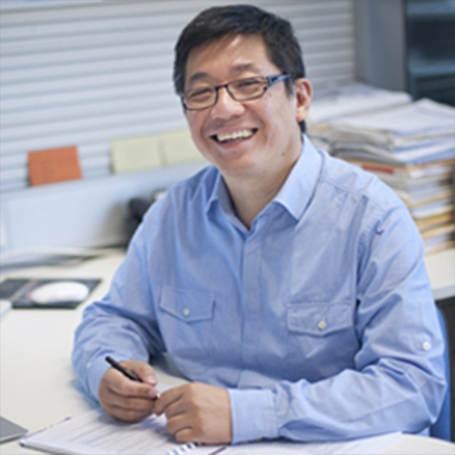 | Professor David Ching Siang Huang, The Walter and Eliza Hall Institute of Medical Research
Professor David Huang is a biomedical researcher who made fundamental research discoveries on programmed cell suicide (apoptosis) that laid the foundations for the discovery and development of a novel class of anti-cancer drugs. He made critical contributions towards revealing how BCL2, often overactive in blood cancers, and its relatives block cell death, thereby uncovering how BCL2 could be targeted in cancer cells. In collaboration with industry partners, this work led to the development of venetoclax to target BCL2. Venetoclax has proven highly effective and is now approved in Australia and other jurisdictions for patients with some types of leukaemias and lymphomas. |
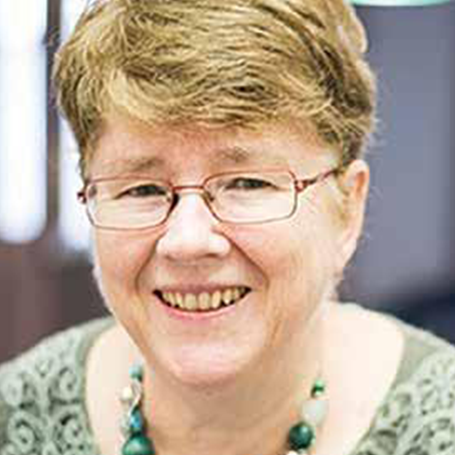 | Professor Colette McKay, The Bionics Institute of Australia
Professor Colette McKay has conducted world-leading
interdisciplinary research that vitally contributed to the efficacy of Australia’s most successful medical device, the cochlear implant. Her work, which combines behavioural studies with mathematical modelling, electrophysiology, and brain imaging, has derived important information about how the brain’s auditory pathways process electrical stimulation. She has applied this knowledge to the improvement of cochlear implants and to the development of an auditory midbrain implant for those who cannot benefit from a cochlear implant. Six patent families have flowed from Professor McKay’s work, which is utilised by
researchers and companies worldwide to benefit deaf individuals. |
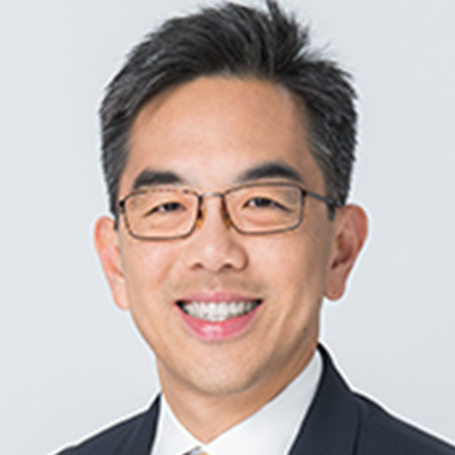 | Professor Tien Wong, Singapore National Eye Centre
Professor Tien Wong is a physician-scientist in ophthalmology and epidemiology who has made substantial contributions in the understanding of the global epidemiology and risk factors of visual impairment and major eye diseases, particularly diabetic retinopathy, age-related macular degeneration and myopia – three leading causes of blindness globally. For more than 20 years, Professor Wong’s seminal research on the prevalence, trends, and risk factors for eye diseases in Asia has resulted in new population data, previously lacking in Asia, on the prevalence and incidence of eye diseases, providing a foundation for public health ophthalmology in Asia. |












